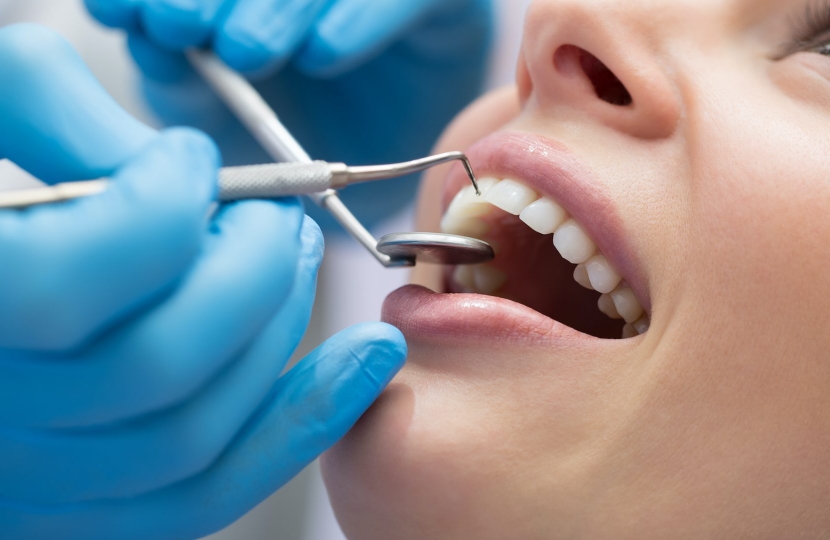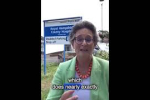
Since the Prime Minister announced social distancing measures to slow down the spread of COVID-19, a set of restrictions on daily activity to contain the spread of the virus were introduced. All non-urgent dental activity has stopped in line with the changes to people’s everyday lives that the Prime Minister has signalled.
In light of public health infection control measures and continuing concerns about NHS dental care staff safety, NHS England and NHS Improvement (NHSE/I) has made significant changes to the delivery and operation of our dental services in the South East region.
Developing the local urgent dental care system
Across every NHS region a Local Urgent Dental Care system has been created to provide care for people with urgent and emergency dental problems.
Urgent Dental Care centres (also known as hubs) have been set up to meet the distinct needs of people with urgent dental care needs during the current pandemic:
1. Those who are possible or confirmed COVID-19 patients – including patients with symptoms, or those living in their household
2. Those who are ‘shielded’, as being at most-significant risk from COVID-19
3. Those who are vulnerable/at increased risk from COVID-19
4. Any other people who do not fit one of the above categories The urgent dental care hubs allow appropriate separation and treatment of patients in these four categories.
All patients will need referral by a dentist, this may be a dentist they usually see or another local dental practice which should still be providing phone advice. Each patient will then be triaged by an urgent dental care hub depending on a number of factors and their care managed accordingly. Patients will be assessed as to whether they do need urgent treatment which cannot wait. Where patients are at risk or shielded, then they will be seen in appropriate settings. Where possible and safe, patients may be able to manage the dental problem themselves through taking painkillers or prescribed antibiotics to treat any dental infection. Face to face treatment is available when clinically required.
Drop-ins to urgent dental care hubs are not allowed given the need to protect patient and staff safety. Locations of urgent dental hubs
So far, there are 36 urgent dental care hubs operating with a further 2 planned to cover the main population centres across the South East. The opening of hubs has been contingent on securing personal protective equipment (PPE) for all of their staff members.
The locations of the operational hubs for the four patient groups identified above in our area are:
Basingstoke, Winchester, Gosport, Andover, Fareham, Southampton, Portsmouth and Chichester
The precise locations will not be publicised since access is by appointment only.
How will triage work?
Triage will be used to decide which category people fall into, depending on their symptoms and level of pain.
The triage categories are:
1. Requires immediate treatment on the day
2. Treatment as quickly as possible
3. Non-urgent (not requiring treatment in a hub setting)
Those involved in triage have a detailed operating procedure to help them categorise different dental conditions.
How do patients access these urgent hubs?
Patients with an urgent or emergency dental condition must not attend any hubs as they need to be triaged by a dentist first. This system also helps manage the flow to hubs and avoid queues (in line with social distancing measures).
If a patient has an urgent or emergency dental condition they should contact a dental practice for a telephone assessment to assess their dental needs. This could either be the dental practice they normally attend or an NHS practice nearest to their home address, which can be located on https://www.nhs.uk/using-the-nhs/nhsservices/dentists
Out of usual surgery hours, you should call your local out of hours emergency dental service and if you are unsure of their contact details NHS111 will be able to provide this.
